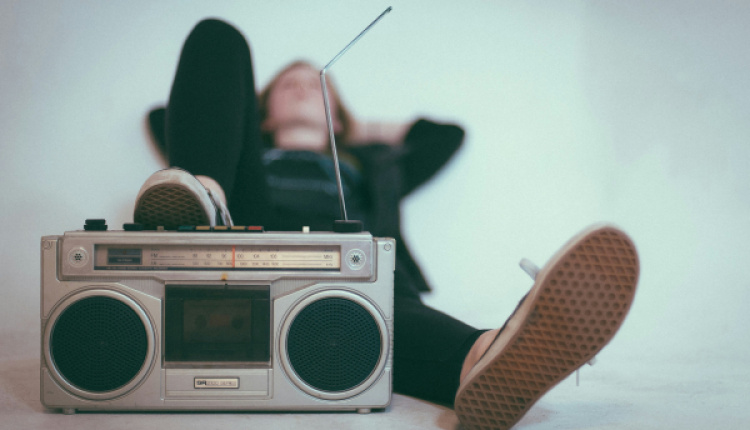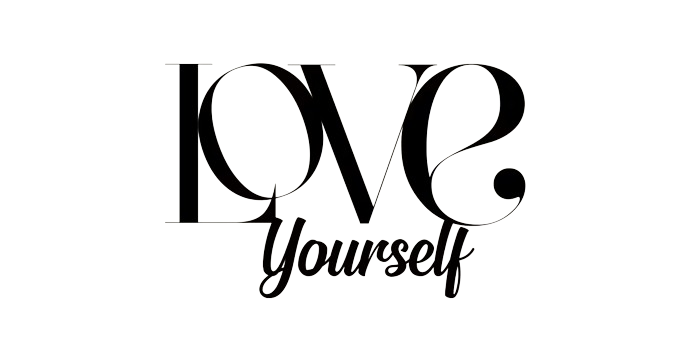The Healing Power Of Music
- by XpatAthens
- Thursday, 28 March 2024

Music stands as a timeless force that transcends boundaries of language, culture, and individuality, offering not only entertainment but also profound healing. From ancient civilizations to modern medical practices, the therapeutic potential of music has been recognized and embraced across diverse cultures and disciplines.
At its core, music therapy employs the intrinsic qualities of music—its rhythm, melody, harmony, and timbre—to address various physical, emotional, cognitive, and social needs. Whether actively engaging in musical activities like playing instruments or passively experiencing pre-recorded music, individuals can access therapeutic benefits beyond traditional medical approaches.
The healing power of music operates on multiple levels. Emotionally, music has the remarkable ability to regulate mood and emotions, evoking responses ranging from joy and relaxation to sadness and introspection. Therapists leverage this emotional resonance to aid individuals in processing complex emotions, offering a safe outlet for expression and release.
Moreover, music profoundly impacts the brain, influencing neurochemical processes and neural pathways associated with memory, attention, and cognition. For individuals with neurological conditions such as Alzheimer's or brain injury, music therapy can enhance cognitive function, memory recall, and overall cognitive abilities. Through structured interventions, therapists facilitate the restoration of lost abilities and improvements in quality of life.
Physiologically, music therapy yields tangible benefits, reducing stress, blood pressure, and symptoms of anxiety and depression. The rhythmic patterns and melodies induce relaxation, activating the body's natural response and fostering physical and emotional well-being.
In healthcare settings like hospitals and rehabilitation centers, certified music therapists collaborate with healthcare professionals to deliver personalized interventions. Whether creating a soothing environment in hospital rooms or facilitating group sessions to foster social interaction, therapists tailor approaches to meet individual needs and preferences.
Beyond clinical contexts, music therapy extends to communities grappling with trauma, from war veterans to children undergoing medical treatment. By harnessing the universal language of music, therapists empower individuals to reclaim agency, resilience, and hope amidst adversity.
Ultimately, the therapeutic value of music underscores its profound impact on the human experience. Whether as a means of self-expression, emotional release, or cognitive stimulation, music possesses the transformative power to heal, inspire, and uplift lives.
Originally published in Greek on: loveyourselfmagazine.com
Originally published in Greek on: loveyourselfmagazine.com

Love Yourself is a comprehensive Greek media platform dedicated to embracing mindstyle as its fundamental essence. It advocates for a wholesome lifestyle that nurtures not only our soul, mind, and body but also promotes a positive and sustainable attitude towards the planet we call home. For more information, visit Love Yourself's website!
